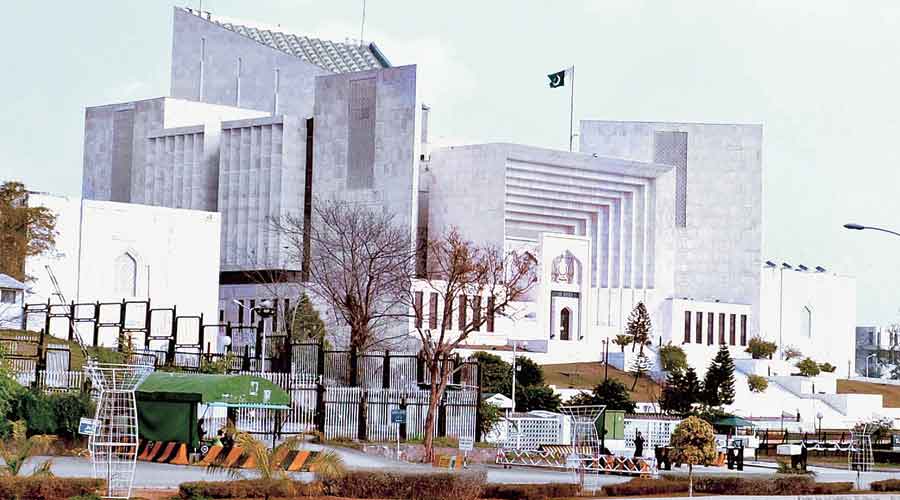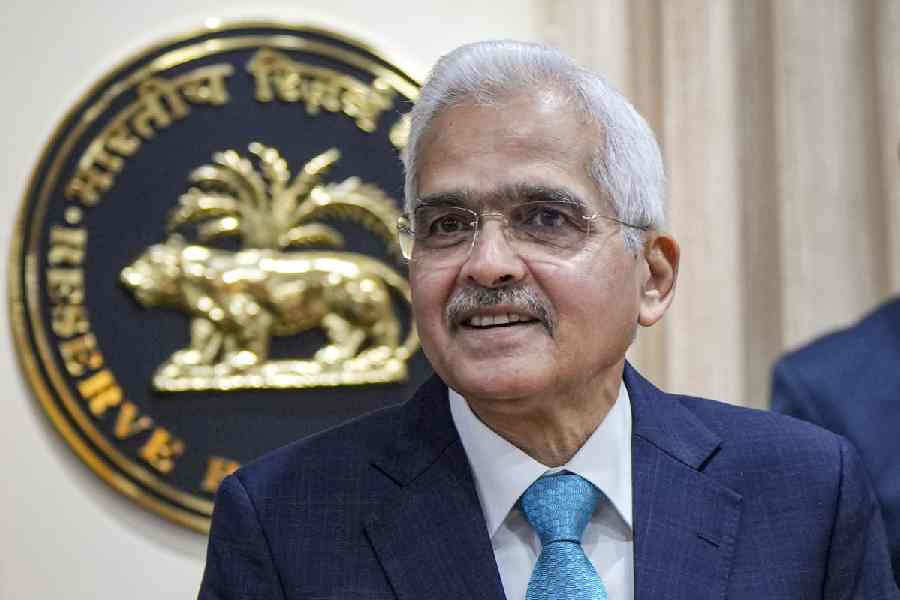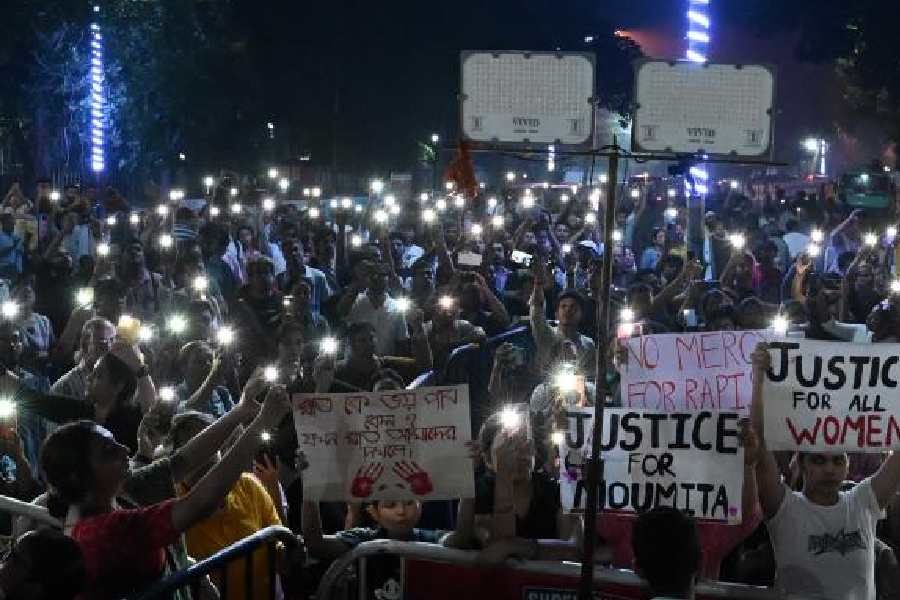Pakistan's Chief Justice Umar Ata Bandial said on Thursday that discarding lawmakers' vote during the no-confidence motion against the prime minister would be "insulting" and a member of the National Assembly cannot be barred from voting, amid ongoing political turmoil in the country.
Pakistan has been on the edge since Opposition parties on March 8 submitted a no-confidence motion before the National Assembly Secretariat, alleging that the Pakistan Tehreek-e-Insaaf (PTI) government led by Prime Minister Imran Khan was responsible for the economic crisis and the spiralling inflation in the country.
Chief Justice Bandial is heading a five-member larger bench of the apex court to hear a petition by the government to seek guidance from the Supreme Court about the allowing a dissident to vote against party policy and the length of disqualification for going against the party line while voting in the parliament.
Bandial said there was no mention in the Constitution of not counting the vote of dissident lawmakers. "It will be insulting (to not count the vote)," he said.
However, the observation by the chief justice clashed with the remarks by Justice Munib Akhtat, a member of the bench, who said the lawmakers were bound to follow the party line.
"The party's collective opinion is above an individual's opinion," he said. "The collective opinion is important for the stability of democracy."
Other judges also made different remarks regarding the vote of a lawmaker standing against the party policy and his disqualification under Article 63 (A) of the Constitution of Pakistan, while Attorney General Khalid Javed Khan vehemently arguing in favour of discarding the vote of a dissident lawmaker and barring him for life from politics.
The legal battle is part of the political war going between Prime Minister Khan and opposition parties which filed a no-confidence move against on March 8.
Khan, 69, is heading a coalition government and he can be removed if some of the partners decide to switch sides. He is facing a rebellion by his about two dozen lawmakers and allied parties which are also reluctant to pledge support to him.
No Pakistani prime minister has ever completed a full five-year term in office.
Ringing the alarm bells, Interior Minister Sheikh Rashid said on Thursday that early elections can be held in the country to end the current political uncertainty due to the no-trust motion against embattled Prime Minister Khan, who is struggling to save his government.
The next general election is due by late 2023. Addressing a press conference in Islamabad, Rashid asked members of the ruling party that before going against the Prime Minister, the "turncoats must also keep in mind that early elections can also be called in the country" and switching sides would not do them any good.
"Those who are changing parties and thinking they will get respect, they are wrong," the minister said. Rashid promised "good news" despite the ground reality of creeping defeat staring Khan in the face.
Khan ran into trouble after his allied parties with 23 members refused to give a clear indication to support him in the parliament during the no-trust vote. His woes multiplied when about two dozen dissidents emerged within his PTI party. But both Khan and his ministers are trying to give the impression that everything was fine and he would come out victorious out of the trial.
The National Assembly has been summoned to meet on Friday but it is not clear if the speaker would allow the no-trust motion or adjourn the session without any official business.
Rashid said on Wednesday that voting on the no-trust move can be held between March 30 and April 1.
However, it is possible that the no-trust vote is delayed until the apex court decides the petition.
The PTI has 155 members in the 342-member National Assembly and needs at least 172 lawmakers on its side to remain in the government.
On Thursday, Prime Minister Khan invited the nation to participate in the ruling party's March 27 power show at Islamabad's Parade Ground, calling on the people to join him in "standing against evil".
"I want the entire nation to join me on March 27 to send one message: that we are not with evil, we are against it. That we are against the crime[s] being committed against democracy and the nation, where the conscience of public representatives is being bought with looted money," Khan said in a recorded message.
On Wednesday, Khan had said that he will not resign at any cost and claimed to have a "surprise" up his sleeve for the opposition, even as at least three allies of the ruling coalition have indicated to vote against his government during the no-trust motion.
Both government and opposition politicians have been working overtime to tilt the balance in their favour.










